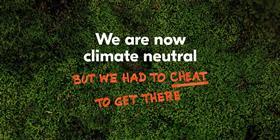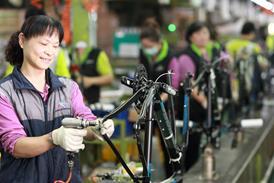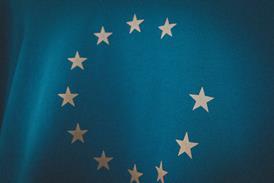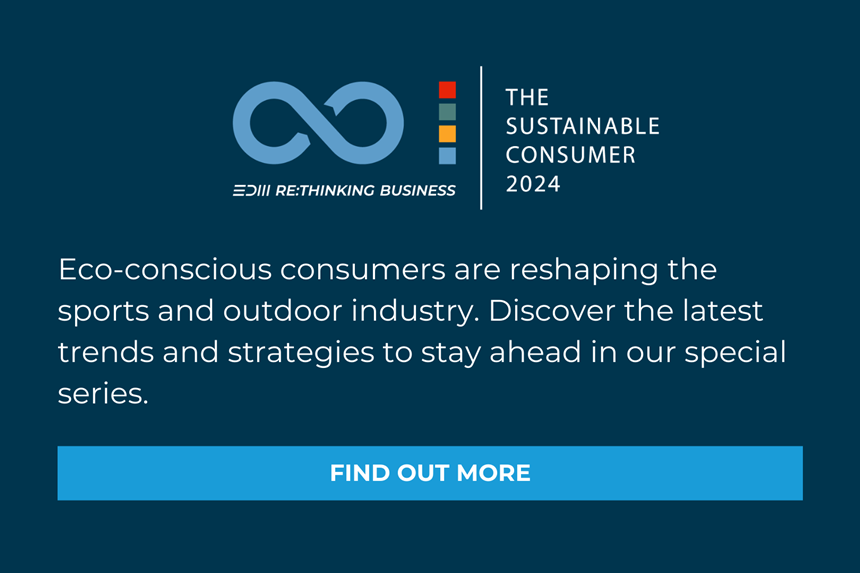On this year’s Earth Day, Swedish outdoor brand Haglöfs joins the growing number of companies calling themselves “climate neutral” by unveiling their new climate strategy: Aiming to reduce their emissions by 50 percent over the next decade and reach net zero by 2030, while taking “full responsibility for remaining emissions along the way.” This means that Haglöfs has purchased enough high-quality carbon credits, certified to leading voluntary carbon market standards, to offset the carbon footprint of both its own operations and its entire supply chain.

The interesting part is the offensive communication strategy: Haglöfs points out that carbon-neutral does not mean that the company has no carbon footprint, which many consumers might think of at first glance. Since this is actually far from the truth, Haglöfs puts this fact front and center, with the added message that calling something “climate neutral” feels a bit “like cheating.”
This fits with current EU-wide efforts against greenwashing in corporate communications. On April 21, the European Commission published the so-called Delegated Act of its Sustainable Finance Taxonomy, which regulates what can be called sustainable investment in the EU. The new law is supposed to be the standard against greenwashing, although it is criticized by environmental experts and initiatives, as forestry (logging trees) and bioenergy (burning trees and crops for energy) supposedly make a “significant contribution to climate mitigation” and do “no significant harm” to biodiversity.
Learn more about Haglöfs’ climate strategy here and download (direct PDF download) Haglöfs’ Sustainability Report 2020.










